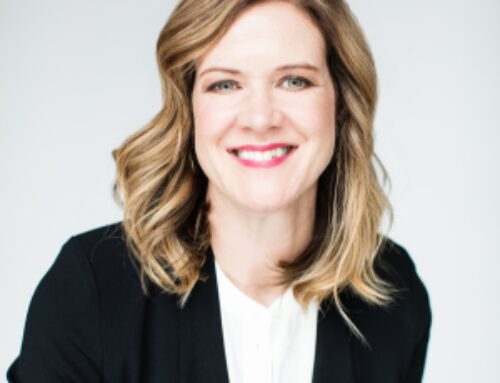
Much of the conversation centred around Up for Debate’s sold out event in Toronto and related events across the country. This meant that #UpforDebate became a unifying hashtag for women’s advocates in Canada.
Throughout September, organizations and individuals organized events focussing on women’s political representation and participation, and a host of gendered issues. For example, Whitby, Stratford and London hosted all candidates meetings on issues important to women, Halifax hosted a candidate’s debate on women’s issues, and Vancouver hosted a public education event on women's equality and why your vote counts.
At the main event, Up for Debate released exclusive interviews with Thomas Mulcair, Justin Trudeau, Elizabeth May and Gilles Duceppe on their commitment to issues important to women (Stephen Harper declined the invitation to participate). Two expert panels then spoke to what they heard, or didn’t hear, from party leaders.
Mid-month, the Toronto YWCA’s #womenvoteforaction hashtag called on women – who make up 51% of the population and have a higher voting rate than men – to leverage their political power and vote for parties willing to take action on women’s issues. #WomenVote was also used as a general call to action.
In the midst of all this, Feminist Canada co-hosted two interesting Twitter chats. #WomenInPolitics centred on women’s political participation and leadership, and was cohosted with Women & Politics, while #GirlsDoPoliBetter focussed on young women's role in Canadian politics and was cohosted with the Toronto Fringe.
These coincided with the release of Chatelaine’s informative one-on-one interviews with four political leaders – Stephen Harper, Thomas Mulcair, Justin Trudeau and Elizabeth May – in which they detailed their position on everything from a national action plan on violence against women to the connection between the environment and women’s health.
But how can we tell if party leaders are truly committed to gender equality? We posted 8 gendered questions to ask yourself throughout the election campaign to help readers separate fact from fiction before heading to the ballot box.
And now for something completely different.
#MasculinitySoFragile, a satirical hashtag critiquing toxic masculinities, also trended in September.
If you'd like to learn more about how boys are socialized and what it means to "be a man" in today's society, come to our free screening of The Mask You Live In in Calgary on October 5! Not in Calgary? White Ribbon Canada is hosting a screening in Toronto on October 7, and more listings can be found on Twitter at @MaskYouLiveIn.
Learn More
- 8 Gendered Questions to Ask Yourself During this Election Campaign
- Are We There Yet?
- Fostering empathy in young men to prevent violence against women
- What the Hashtag: Efforts to #DenyRooshV & Build #ConsentCulture in Canada
Take Action
- Support our work to amplify the voices of women and girls in Canada – donate now!
- Sign up for our e-newsletter to have our latest stories and resources sent to your inbox.
- Follow us on Facebook and Twitter to join a national conversation on gender equality.







